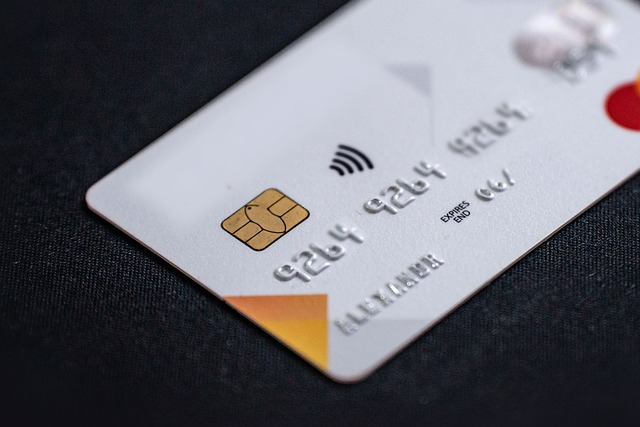Debt Management Plans (DMPs) are structured programs facilitated by credit counseling agencies that help low-income families regain control of their credit card debt. DMPs negotiate with creditors to reduce interest rates and fees, simplify repayment with one monthly payment, and offer better budget tracking. By consolidating multiple credit card debts, DMPs provide financial stability and long-term money management education, making them a powerful tool for credit card debt relief.
Struggling with debt can be a significant burden, especially for low-income families. In this article, we’ll explore seven powerful debt relief options tailored to help you gain financial freedom. From understanding the fundamentals of Debt Management Plans (DMPs) specifically designed for credit card debts to discovering alternative strategies, there’s hope for a brighter financial future. We’ll guide you through each step, ensuring practical and effective solutions for your unique circumstances.
- Understanding Debt Management Plans for Credit Cards
- Exploring Alternative Debt Relief Options
- Strategies for Low-Income Families to Gain Financial Freedom
Understanding Debt Management Plans for Credit Cards

Debt Management Plans (DMPs) are structured programs designed to help individuals, particularly low-income families, gain control over their credit card debt. A DMP allows you to work with a credit counseling agency that negotiates with your creditors on your behalf to reduce interest rates and set up a manageable repayment plan. The primary goal is to lower the overall cost of your debt while providing a clear roadmap for repayment.
By enrolling in a Debt Management Plan, you make one monthly payment to the credit counseling agency, which then distributes funds to each creditor according to an agreed-upon schedule. This approach simplifies debt repayment, making it easier to stick to a budget and avoid missing payments. It also offers the potential for interest rates to be lowered, significantly reducing the overall amount of interest paid over the life of the debt.
Exploring Alternative Debt Relief Options

Many low-income families often find themselves overwhelmed by debt, with credit card bills piling up and seemingly no end in sight. While traditional debt repayment methods can be helpful, exploring alternative debt relief options is crucial for those struggling to make ends meet. One effective strategy is implementing a Debt Management Plan (DMP), specifically tailored for managing credit card debt. This approach involves negotiating with creditors to reduce interest rates, fees, and monthly payments, providing some much-needed financial breathing room.
A DMP can be facilitated through credit counseling agencies that offer guidance and support. These agencies help families create a realistic budget, prioritize debts, and communicate with lenders. By consolidating multiple credit card debts into one manageable payment, families can simplify their finances and begin chipping away at their debt more efficiently. This method not only offers relief from the stress of multiple due dates but also allows for better tracking of progress toward financial stability.
Strategies for Low-Income Families to Gain Financial Freedom

For low-income families grappling with debt, achieving financial freedom can seem like an insurmountable task. However, there are several strategies and options available to help gain control over finances and reduce the burden of debt. One effective approach is implementing a Debt Management Plan (DMP) for credit card debts, which involves working with a reputable credit counseling agency. These agencies offer personalized guidance, helping families understand their financial situation, negotiate with creditors, and create a structured plan to pay off debts over time.
A DMP typically includes consolidating multiple credit card balances into one manageable payment, often at a lower interest rate. This strategy simplifies repayment and reduces the stress of keeping track of multiple due dates. By adhering to the agreed-upon plan, families can see their debt gradually decrease while gaining a sense of financial stability. Additionally, many counseling agencies provide education on budgeting, money management, and avoiding future debt accumulation, empowering low-income households to take proactive steps towards long-term financial health.
For low-income families facing mounting debt, there’s hope. By understanding and leveraging options like Debt Management Plans for Credit Cards, coupled with strategic financial planning, it’s possible to gain control and achieve financial freedom. Exploring alternative relief options can also open doors to tailored solutions, offering a path toward a more secure future.

